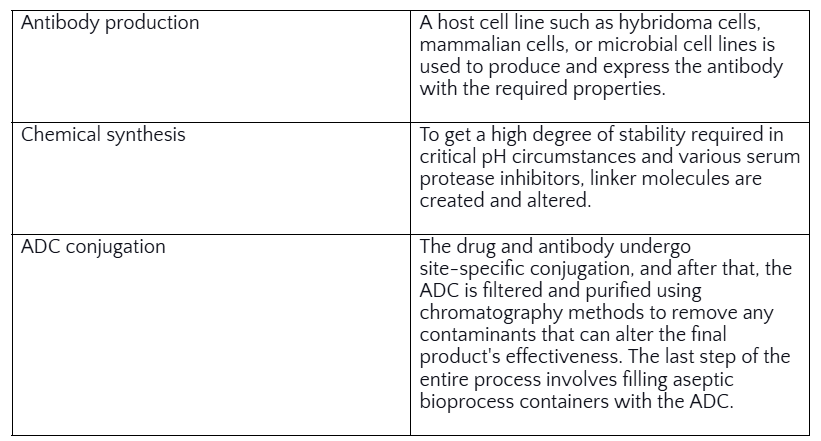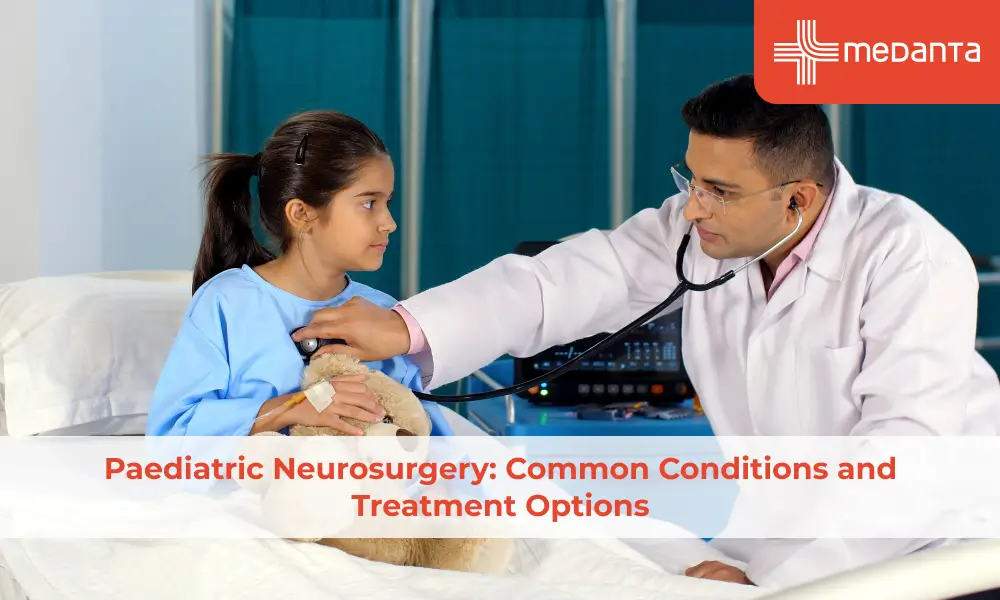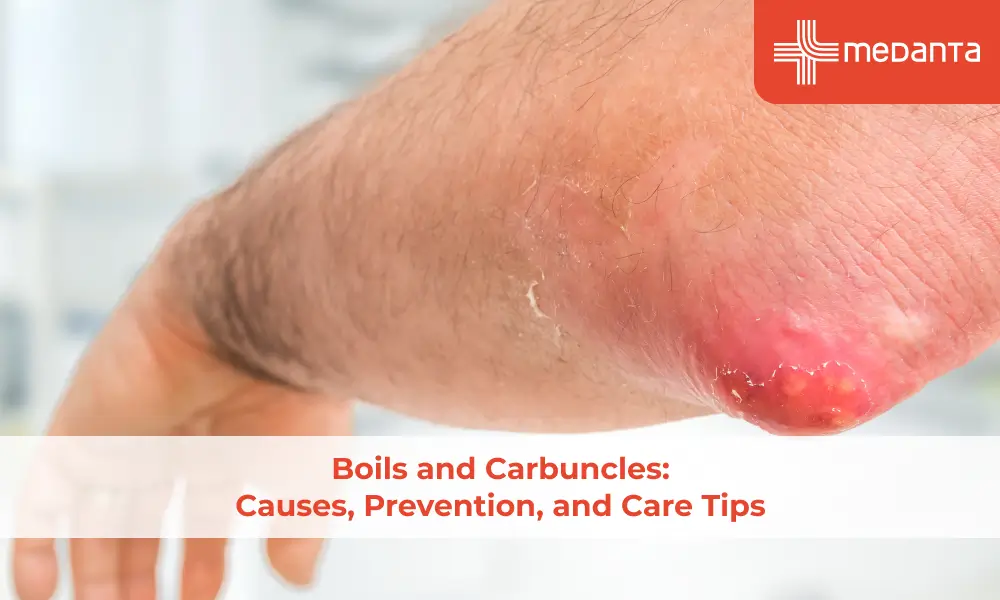ADC: The Cutting-Edge Cancer Treatment Revolutionizing Chemotherapy

A new class of drugs called antibody-drug conjugates, or ADCs, combine chemotherapy and targeted therapy to treat cancer. Continuous progress in drug engineering and a new understanding of drug action mechanisms in recent years have helped scientists invent more effective drugs for cancer treatment, and ADC is one of them!
Cancer is currently the second main cause of death globally, with almost 10 million cancer-related deaths every year. Chemotherapy and radiation have been the cornerstones of cancer treatment for many years, and even though these methods can be successful, they can potentially have unintended consequences by affecting healthy tissues. That is why more precise cancer treatments that function as guided therapies and deliver a potent payload straight into cancer cells are desperately needed now more than ever. Cutting-edge treatments, such as antibody-drug conjugates (ADCs), have the potential to revolutionize the cancer treatment field and save millions of lives.
What are Antibody-drug Conjugates?
Antibody-drug conjugates (ADCs) cure certain blood malignancies and malignant tumors by combining chemotherapy with targeted therapy and producing a unique result. When tumors recur, other cancer therapies fail (refractory cancer), or when the cancer keeps spreading, oncologists often utilize an ADC. Small doses of extremely potent chemotherapy are delivered into the targeted malignant cells as part of this treatment because chemotherapy medications do not affect neighboring healthy cells, but they do damage or kill malignant cells. Cancer cannot be fully cured by antibody-drug conjugates, however, research indicates that the therapies extend life expectancy.
An ADC can be used by oncologists to treat many types of blood cancer, such as Anaplastic large cell lymphoma (ALCL), Acute lymphoblastic leukemia (ALL), Hodgkin lymphoma, Multiple myeloma, Acute myeloid leukemia (AML), Triple-negative breast cancer, Lung cancer, Cervical cancer, B-cell lymphoma, HER2-positive breast cancer, Urothelial cancer, Ovarian cancer, and cancerous tumors.
Antibody Drug Conjugate Components and Action Mechanism
Antibody-drug conjugates consist of three primary parts - the antibody, the payload, and the linker.
- The antibody - Because of their great binding specificity to an antigen, antibodies can target specific malignant cells, and that’s how they can attach themselves to cancer cell surface proteins and receptors.
- Payload - A cytotoxic payload such as calicheamicin or maytansinoids is a medication that is used to kill malignant cells, and only when the antibody docks onto the tumor cell, it is released.
- Linker - The binding agent between the antibody and payload is the non-cleavable linker, which ensures that the cytotoxic agent can reach the malignant cells. ADC's stability, which is the crucial component of its effectiveness, must be maintained in all circumstances. Once the antibody has attached to the cancer cell, it must be able to release the payload, and after that, the linker must also be able to simultaneously release the payload. Since some linkers are made to be broken down by particular enzymes found in cancer cells, this process frequently involves enzymatic activity.
The extremely precise targeting of mAbs and the cell-killing properties of cytotoxic chemicals in anticancer medications combine to form an antibody drug combo, and through this chemical bond, a targeted antibody is paired with the medication to combat cancer effectively. This type of cancer treatment doesn’t endanger healthy cells and also improves medication tolerance, and increases malignancy selectivity.
The mAb attacks the malignant cell as soon as it detects a possible hazard, however, the antigen should preferably be extracellular or surface-based rather than intracellular for circulating ADCs to identify it. The peptide then attaches itself to the particular target antigen on the outside and a response is brought on by this mode of action. The peptide signal is received by the cancer cell, which then absorbs the antibody associated with the cytotoxic drug, and the cytotoxic agent starts cell death once the ADC has been internalized.
What are the ADCs Currently in Use?
The U.S. Food and Drug Administration has approved over a dozen ADCs to treat various types of cancer at this time, and the following drugs are among them.
- Trastuzumab emtansine: Kadcyla®, also known as trastuzumab emtansine, is an ADC used to treat metastatic HER2-positive breast cancer.
- Sacituzumab govitecan: When surgery is not an option or the disease is spreading, sacituzumab govitecan (Trodelvy®) is used to treat triple-negative breast cancer and metastatic urothelial carcinoma. Sacituzumab govitecan is yet to be available in India at present. The other ADC are available in India and we have been using in Medanta on regular basis
- Brentuximab vedotin: This was the first ADC to be approved by the FDA and it is used to treat anaplastic large cell lymphoma, recurrent Hodgkin lymphoma, and certain other cancers.
- Trastuzumab Deruxtecan (ENHERTU): Trastuzumab Deruxtecan (ENHERTU) is an advanced antibody-drug conjugate designed to target HER2-positive cancers, particularly in cases where previous treatments have failed. It delivers a potent chemotherapy directly to cancer cells, enhancing efficacy while minimizing impact on healthy tissue. Medanta use this ADC.
How are ADCs Manufactured?
The process of creating antibody-drug conjugates is extremely intricate and time-consuming because it includes not only the creation of antibodies but also chemical synthesis and ADC conjugation. The complex experiment may be divided into the following phases to provide a simplified explanation.

Is there a Difference between ADC and Chemotherapy?
The main difference between these two is the process by which chemotherapy reaches malignant cells. Chemo is often systemic, which means the medication enters your bloodstream and travels throughout your body, and oncologists utilize chemo medications that are effective but not extremely potent since systemic chemotherapy affects both malignant and healthy cells. On the other hand, oncologists can utilize far more potent medications without running the danger of harming healthy cells by using antibody-drug conjugates to deliver chemotherapy within malignant cells.
When is Antibody-drug Conjugate Used as a Cancer Treatment?
Not all types of cancers can be treated with them, and currently, ADCs are used to treat only a few specific types of cancers. According to research, patients who get antibody-drug conjugates typically outlive those who receive systemic chemotherapy for the same illness, but that might change based on other factors explained below.
- Type of cancer - Certain cancers may respond better to antibody-drug conjugates than others.
- Cancer stage - Cancer that is spreading is often more difficult to cure since it impacts more bodily parts.
- The general health of the patient - For some people, there might be major adverse effects from this medication, and that’s why the oncologist describes the potential negative effects of any ADC treatment that someone is considering. The most common side effects of ADC are anemia, cough, fever, headache, loss of appetite, nausea, vomiting, leukopenia, lymphopenia, hypokalemia, peripheral neuropathy, and fatigue.
Conclusion
Antibody-drug conjugates, or ADCs, are a brand-new cancer therapy with a high success rate! There are a variety of ADCs available now, and researchers are still testing and getting approval for many more for regular use. One thing to remember, the FDA-approved ADCs that are currently available on the market do not treat all types of cancers, so only a cancer specialist will be able to determine if ADC therapy is right for a patient or not.
Call Medanta today to consult with the top cancer specialists in India. You'll receive expert advice and cutting-edge treatment!






